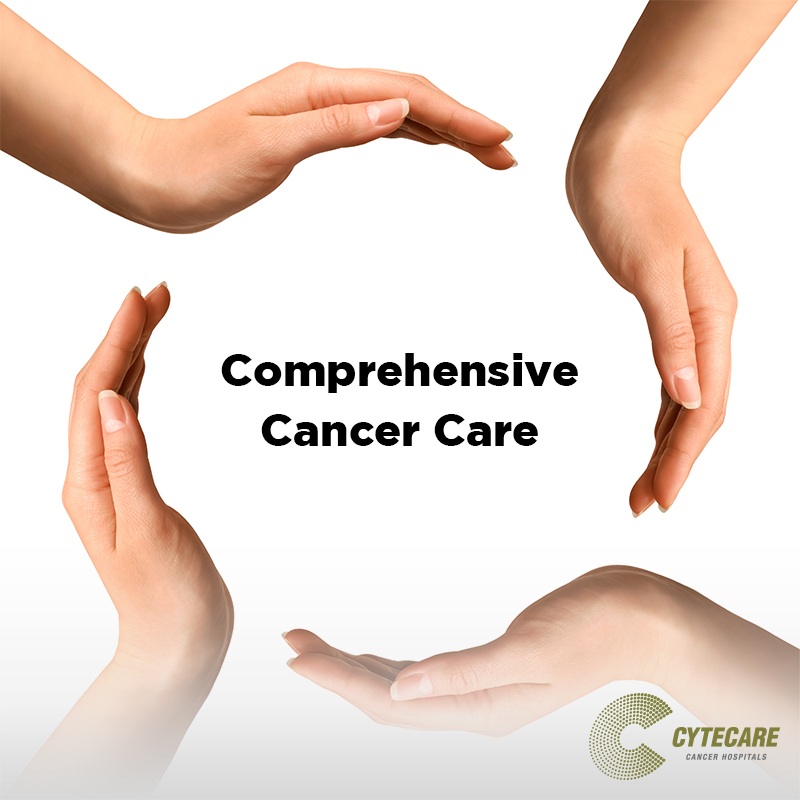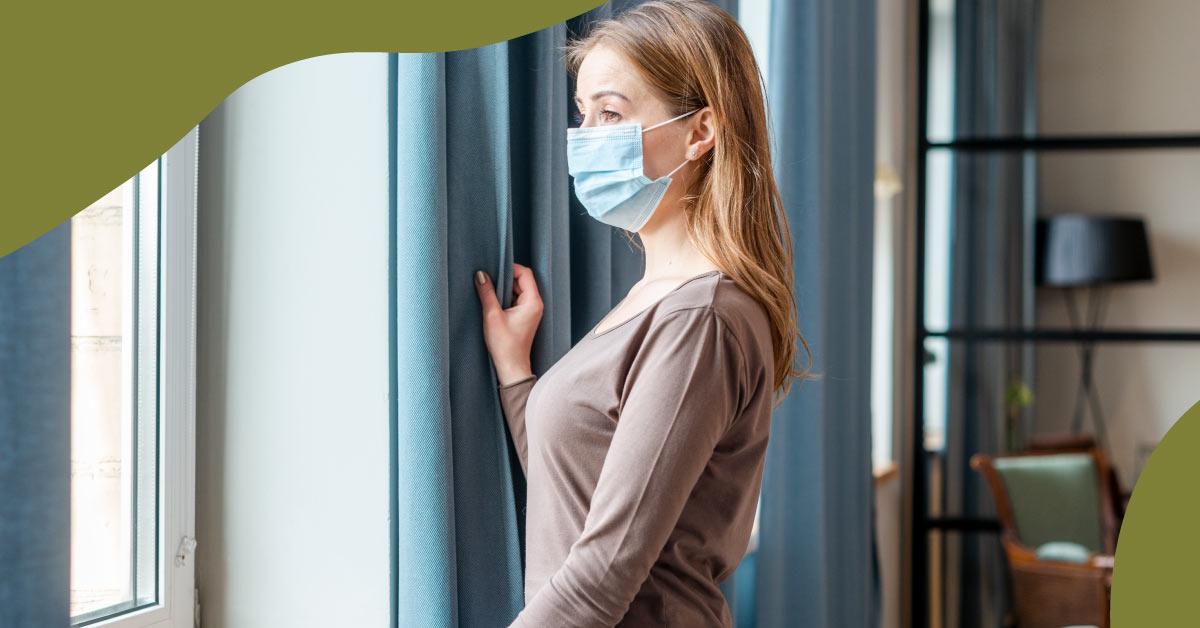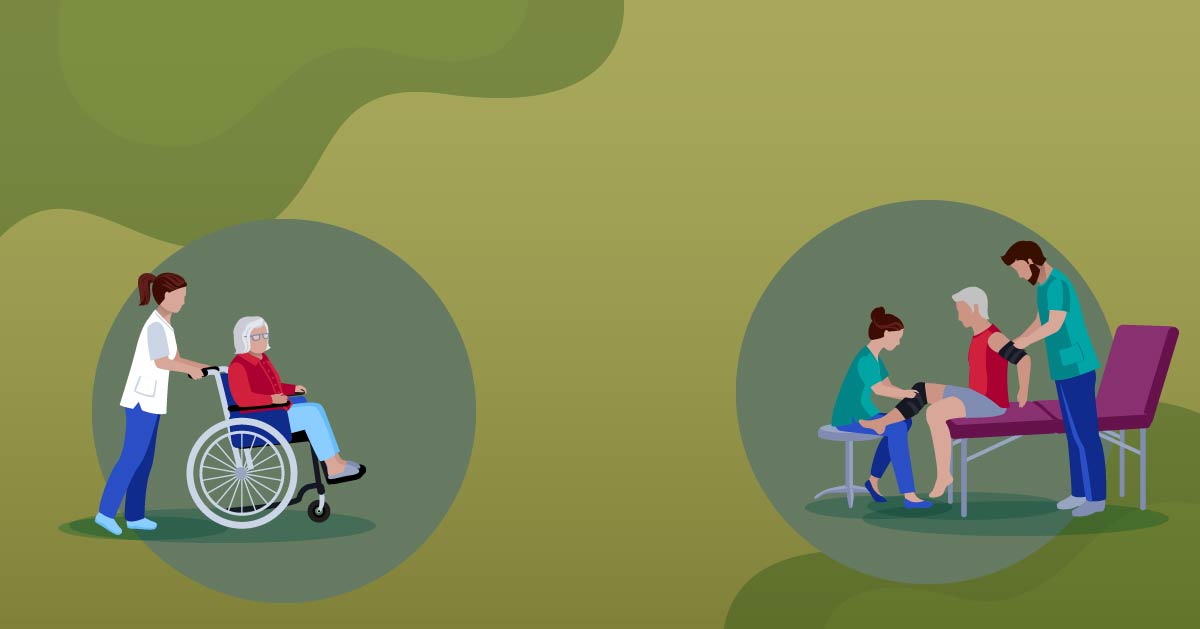Cancer, the disease has been prevalent for a long time and the occurrence has been on the rise. And it is a battle you don’t choose. It is the second leading cause of death globally and was responsible for 8.8 million deaths in 2015. Fortunately, we have come to an age of optimism where science and technology are inching closer to cure.
We all need to be aware and should have access to the best cancer care. Cancer therapy is a holistic and comprehensive, long-term approach with close attention towards the overall health of the patient. This calls for an approach the understands the origin and factors associated with cancer and delivers a treatment plan that relieves all the aspects of pain associated with cancer. This modality is often called comprehensive oncology or cancer care.
Now it is important to understand that Comprehensive oncology is not an alternative to conventional therapy, usually understood as radiation, surgery and chemotherapy; but is all-encompassing. To explain this to you, let’s picture comprehensive oncology in conjunction with the above-mentioned treatment modalities:
Treatment aiming at the removal or reduction of the tumour
Cancer is an aggregation of unhealthy cells that affect the healthy body cells, to remove these cells/cancer from the body, treatment modalities like surgery, radiotherapy, chemotherapy, hormone therapy and immunotherapy are used. These therapies are available for cancer of all types and stages offering a considerable chance of recovery even for patients in advanced stages who have exhausted all standard treatments.
Adjuvant and neoadjuvant comprehensive cancer treatment helps to reduce complications and in some cases render inoperable tumours.
Adequate follow-up is essential for reducing the risk of recurrence after standard cancer therapies and for the restoration of the patient’s defense and repair functions.
Treatment aiming Symptom Relief
Though an integral part of cancer treatment, chemotherapy and radiotherapy are known to cause injury to the normal cells along with the cancer cells resulting in dose-dependent side effects such as fatigue, nausea, hair loss, vomiting, skin ailments. Concomitant medication is essential to mitigate these side effects and prevent discontinuation of ongoing chemo or radiotherapy.
Cancer pain is multifaceted, and treatment involves a toolbox full of pharmacological as well as palliative measures which need to be judiciously used to make patients as comfortable as possible. To alleviate the symptom burden for a patient, the role of pain and palliation comes into play, this further helps the patient to cope with the surgical, chemotherapeutic and radiation after-effects.
Supportive Cancer Care
Aggressive surgeries, radiotherapy and chemotherapy focus more on prolonging the survival of the patient but the health-related quality of life in most cases is seen to get adversely affected. One out of three cancer patients suffers from a mood disorder at some point in their cancer care trajectory.
The very impact of the cancer diagnosis and treatments can produce distress stemming from physical, social, emotional, functional, financial and even spiritual burdens.
It is key that patients are given psychiatric and psychological support to handle the situation, patient caregivers also need the social and emotional pillar to help them stay strong and work together in fighting cancer.
Therapeutic practices and relaxation techniques can help patients respond to cancer treatment better and improve health. It has also been seen that some treatments work better when the patient is well nourished with adequate calories and protein in the diet. Nutrition therapy is of the essence to ensure that the patient gets the right nutrients required to maintain their body weight and strength, keep body tissue healthy and fight infection is as important as the medication that one gets during treatment.
Evidence-based alternative therapies like acupuncture, reflexology, meditation, yoga and group therapy, to name a few, have shown to improve many aspects of a patient’s wellbeing. Support systems help patients cope with a cancer diagnosis and deal with the treatment thereafter, encouraging them to share their feelings and struggles and to make them feel better understood. These therapies support the patient at every step, thereby, providing a sense of control and reducing the feeling of helplessness. It paves the way to more mediums through which patients reach a cure and complete healing. Quality of life and longevity of life becomes pivotal for a patient and his family during their cancer journey, comprehensive oncology helps them to achieve that.
Comprehensive cancer care
The holistic approach combines standard medicine with evidence-based therapies to treat the disease and treatment-related side effects, improve the immune system, speed up physical rehabilitation, educate about lifestyle modifications and counsel to manage stress. Treatment of every aspect of the patient and not just the disease based on the holistic concept will bring physicians and scientists closer to their goal: Curing Cancer with Care.


